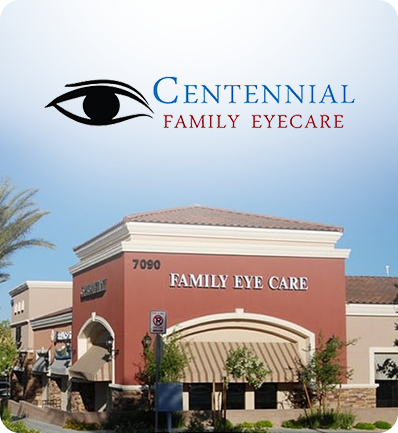
More than 16 million adults in the United States suffer from diagnosed dry eye disease. Data reveal that prevalence is higher among women than men and seems to increase with age. In fact, it’s particularly notable among those who are 18 to 34 years old. Do you think you might have dry eyes? Here are the common signs you should know about:
Dryness.
Redness.
Watery eyes.
Blurred vision.
Sensitivity to light.
Eye pain or eye fatigue.
Itchiness or scratchiness.
Stinging or burning sensation.
Stringy, mucus-like eye discharge.
A feeling that something’s inside your eyes.
Dry eye disease can be uncomfortable at best and painful at worst. Many factors contribute to this eye condition. Besides tear gland problems, aging, and keratoconjunctivitis, several other agents cause dry eyes. These include trauma, weather, certain medications, and neurological diseases.
Ways to Prevent Dry Eyes
According to the American Academy of Ophthalmology, dry eyes can affect more than your eyes. Recent studies suggest that the condition may not only cause your eyes to get irritated. Dry eyes also make it more difficult for some people to carry out their day-to-day activities. Others report experiencing extreme pain and even suffering from debilitating anxiety. Don’t wait for this eye condition to affect your quality of life. Here are some changes you can make to your habits and environment to prevent dry eyes:
Wear sunglasses when going outdoors. Opt for wraparound frames to protect your eyes from all angles. The air and heat from your surroundings can cause your eyes to go dry.
Avoid having fans, car heaters, hairdryers, and similar objects blowing air directly in your face. They may mostly feel good, but they can worsen your dry eye symptoms. Also, steer clear of smoke, whether it’s from tobacco or a fireplace.
Invest in a humidifier to add air moisture in areas where you spend a lot of time, such as your workstation.
Give your eyes rest by taking frequent breaks from reading a book, watching shows, or staring at your computer. Blinking, closing your eyes for a few minutes, or looking at an object afar now and then helps moisten your eyes.
Reduce the length of time you wear your contact lenses at any given time. Experts recommend that you alternate contacts with glasses. This will allow your eyes to get some rest from time to time. Never sleep wearing your contacts, and ensure that you properly disinfect and store them.
Eat more foods rich in omega-3 fatty acids. Your body uses these acids to reduce inflammation and protect your eyes’ cell membranes.
Use artificial tears or lubricating eye drops when your eyes get dry. You can use these as often as needed to soothe the discomfort. Just consult your eye doctor for the type that is best for your case and how much you’re supposed to use.
As you know, your eyes are the most sensitive organs in your body. You must take all the necessary precautions to keep them safe and healthy. At Centennial Family Eyecare, we can determine whether the discomfort you’re experiencing is due to dry eyes. Contact any of our offices in North Durango or Skye Canyon, Las Vegas, Nevada, to schedule your eye examination.





